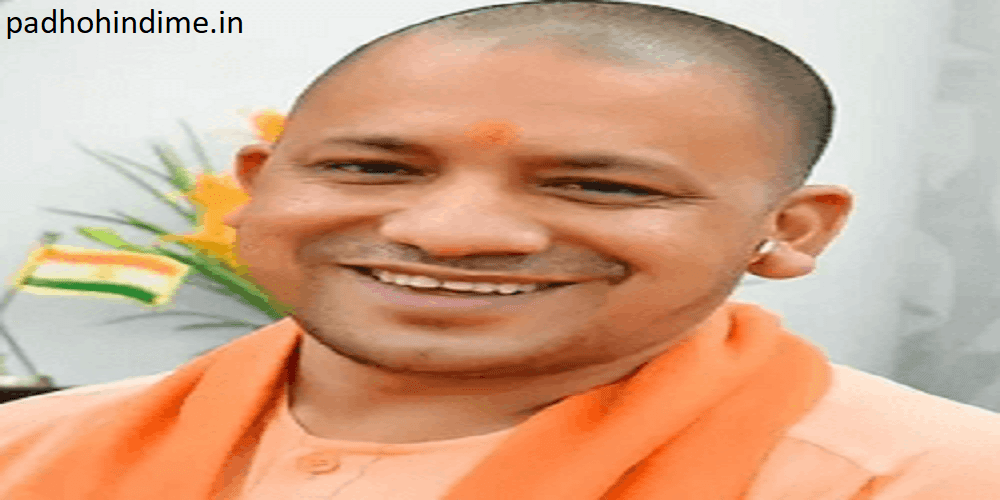Yogi Adityanath, whose birth name is Ajay Singh Bisht, is an Indian politician and religious leader. He was born on June 5, 1972, in the village of Panchur, in the state of Uttarakhand, India. Yogi Adityanath is widely known as the Chief Minister of Uttar Pradesh, the most populous state in India. He has been an influential figure in Indian politics and has left a significant impact on the social, political, and cultural landscape of the country.
Yogi Adityanath’s journey in politics began during his early years when he became associated with the Rashtriya Swayamsevak Sangh (RSS), a Hindu nationalist organization. He became an active member of the Akhil Bharatiya Vidyarthi Parishad (ABVP), the student wing of the RSS, during his college days. His dedication and hard work led to his rise within the organization, and he soon became the youngest member of the Uttar Pradesh Legislative Assembly at the age of 26, representing the Gorakhpur constituency.
As a member of the Bharatiya Janata Party (BJP), Yogi Adityanath gradually gained prominence within the party. He became the head of the Gorakhpur Math, a Hindu monastery associated with the Nath sect of ascetics. This position earned him the title of “Yogi.” Yogi Adityanath’s religious background and his strong commitment to Hindutva, an ideology promoting Hindu nationalism, shaped his political beliefs and actions.
Yogi Adityanath’s tenure as Chief Minister of Uttar Pradesh began in March 2017 after the BJP emerged victorious in the state assembly elections. From the beginning, he focused on implementing policies aligned with his vision of a prosperous and culturally vibrant Uttar Pradesh. Yogi Adityanath prioritized initiatives aimed at improving law and order, infrastructure development, education, and healthcare.
Under his leadership, Uttar Pradesh witnessed significant transformations. Yogi Adityanath introduced various schemes and programs to enhance the quality of life for the people. Some notable initiatives include the “Namami Gange” project to rejuvenate the Ganges River, the “Pradhan Mantri Awas Yojana” to provide affordable housing, and the “UP Investors Summit” to attract investment and promote industrial growth in the state.
Yogi Adityanath’s tenure has not been without controversy. His administration faced criticism for incidents of communal violence and allegations of biased law enforcement. Critics argue that his policies and actions have been divisive and favoring one religious community over others. However, his supporters applaud his firm stance on national security, his efforts to improve infrastructure, and his commitment to promoting a sense of pride in Indian culture and heritage.
Yogi Adityanath’s leadership style is often described as assertive and determined. He is known for his strong personality, disciplined lifestyle, and direct approach to governance. Despite his political responsibilities, Yogi Adityanath continues to maintain his connection with the Gorakhpur Math, where he spends time practicing meditation and engaging in spiritual activities.
Beyond politics, Yogi Adityanath is seen as a symbol of Hindutva ideology and a charismatic figure for his supporters. His rise in Indian politics signifies the growing influence of Hindu nationalism in the country’s political landscape. His popularity among the masses, particularly in Uttar Pradesh, has made him a significant political figure and a potential contender for higher positions within the BJP.
In conclusion, Yogi Adityanath’s biography is a tale of a religious leader turned politician who rose to prominence through his dedication to the Hindu nationalist cause. His tenure as the Chief Minister of Uttar Pradesh has been marked by a focus on development and cultural preservation, alongside controversies and criticism. Yogi Adityanath’s influence on Indian politics and society will continue to be a subject of debate and analysis as the country moves forward.




